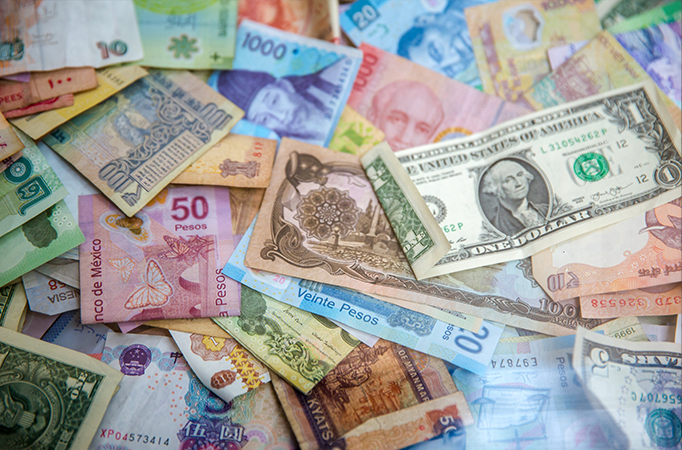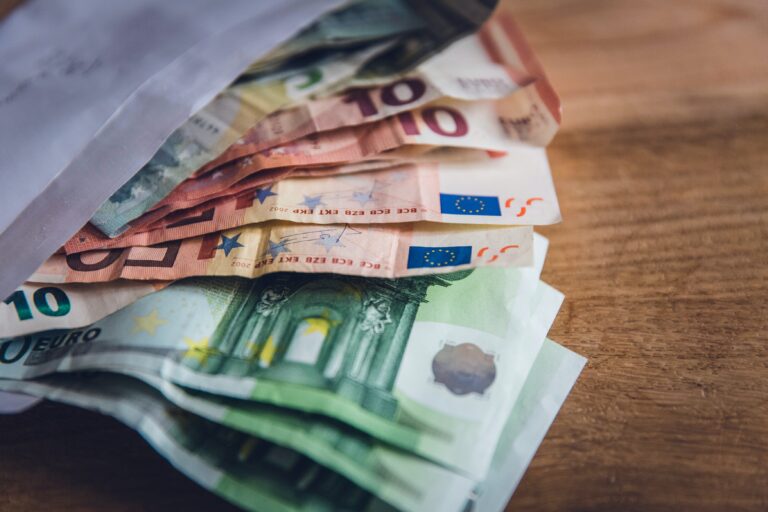
Morning Brief – Reserved about Dollars
Russian President Vladimir Putin has been taking a tough line on the Dollar. He has been claiming that western foreign policy, sharped in no small part by the United States, is to blame for the rising commodity and Dollar prices globally. Even citing recent IMF figures for the Dollarisation of global foreign exchange reserves, Putin appeared to take aim at the role of the Dollar as the kingpin of global reserves. Unsurprisingly given the European Union’s role in the sanctions levied on Russia following the invasion of Ukraine, the President focussed on the role of the Euro in those reserves too.
Putin’s argument was that in a post-pandemic post-invasion world, it was physical goods that are holding a value, not money. His rather archaic and feudal view of the global economic would see governments stockpile commodities, hard and soft hoarding everything from food to oil rather than money. Of course, this would serve the President’s own ends as a significant benefactor of global commodity export and with the Ruble as an incredibly small player in the global reserve market. The announcement was in no small part also motivated by the US’s confiscation of Russia’s reserves.
The discussion regarding the composition of foreign exchange reserves is often a debate that includes China at the centre of it. China is one of the world’s largest holders of US treasuries and US Dollars in its national reserves by volume. Frequently over recent decades it has been public about its dissatisfaction with the reliance upon US Dollars in global reserves. It was one of the catalysts behind the emerging trend to hold Euros in more significant volumes within reserves.
China’s Xi Jinping and Vladimir Putin will have something to talk about then when they meet for the first time following the invasion of Ukraine. Pressure has been applied to China as well as Russia from US foreign policy as of late. The two will meet later this month at the Shanghai Cooperation Organisation’s summit in Uzbekistan in one weeks’ time. This geopolitical alliance is one that markets will continue to keep an eye on not least just for the potential coordinated rhetoric/action on Dollar reserves but for its significance to global supply chains also.
Discussion and Analysis by Charles Porter

Click Here to Subscribe to the SGM-FX Newsletter
Related Insights

Daily Brief – A weaker Dollar: Trump vs. Powell
A weaker Dollar: Trump vs. Powell The Dollar continued to lose ground yesterday as the truce between Israel and Iran appeared to continue to hold. There has been a noticeable return to focus upon macro and monetary influences in major currency pairs. Yesterday, Fed Chair Jay Powell provided his semi-annual monetary policy report before the […]

Daily Brief – Big Girls Don’t Cry
Big Girls Don’t Cry A bond market tantrum and one of the sharpest one day sell offs in Sterling for several years appear to have been catalysed by the Chancellor’s appearance in PMQs yesterday. First: the back story. This Labour government has faced some embarrassment in recent weeks trying to get its welfare bill through […]

Daily Brief – Next level
Next level EURUSD has managed a relatively smooth ascent to its current levels, around 1.18. That is despite significant resistance levels, most notably around 1.17. A large collection of option strike prices gathered around this key level and the price history of the pair shows us its significance. Sustained closes above this level since last […]



 Charles Porter
Charles Porter